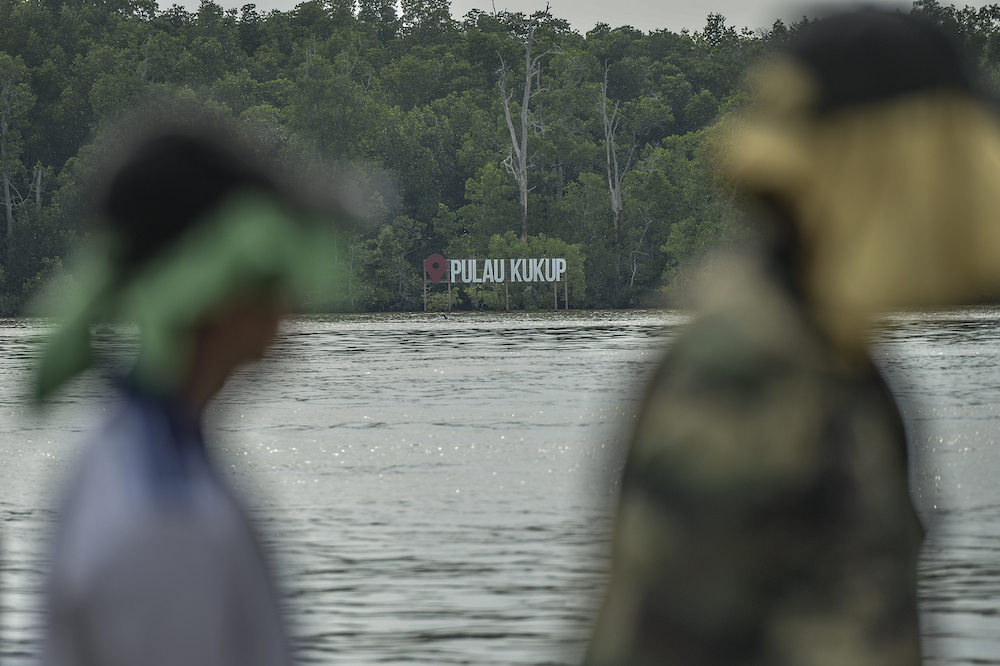KUALA LUMPUR, Feb 16 — Uncontrolled development and illegal trespassing have endangered the flora and fauna found in four of Malaysia’s Wetlands of International Importance (Ramsar) Sites in Peninsula Malaysia.
Malay daily Berita Harian reported that the ecology and biology of the four sites — Tasek Bera in Pahang as well as Pulau Kukup, Tanjung Piai and Sungai Pulai in Johor — are under serious threat.
Malaysian Nature Society president Professor Ahmad Ismail told the newspaper that their destruction is a loss of national treasure and stressed that the sites must be preserved and controlled development must be conducted after a thorough, in-depth study.
“Uncontrolled development activities such as industrial zones, ports and power stations among others have caused adverse impact on the water quality surrounding Ramsar sites such as in Tanjung Piai.
“At the same time, its location near shipping lanes such as the Tanjung Pelepas Port can also have an impact. In Sungai Pulai, it is said that there are plans to develop a golf course and a hotel. We are concerned because this can have an impact on the wetlands’ border.
“Meanwhile, in Pulau Kukup there is an aquaculture project raising fishes and we are worried that it can affect the natural marine life ecosystem there,” he said.
Ahmad pointed out that the creation of a border zone surrounding the Ramsar sites, as a conservation and preservation zone, is required to maintain the wetlands’ natural habitat.
He said this will ensure the wetlands will not dry up due to development, including agricultural development which requires a drainage system.
He added that Tasik Bera, which was declared as Malaysia’s first official Ramsar site 22 years ago is under threat and his organisation has received reports that there is a decrease in the natural resources found in the forest and the lake’s marine life.
The threat apparently stems from the fact there are no restrictions for visitors, leaving them to do as they please. This includes raiding the forest of its natural resources and over-fishing.
The Ramsar site in Tasek Bera is under the protection of the Wildlife and National Parks Department (Perhilitan) and is assisted by the Environment Department, Forestry Department and Fisheries Department.
The report said even though each entrance is protected by a security guard, it is understood that anyone can enter these areas with barely any questions asked.
Berita Harian’s investigation also revealed that around two kilometres into the Tasek Bera wetlands park is a chalet resort believed to be under the ownership of the local authorities, but it has been rented out to an external company as the operator.
What is even more mindboggling is that the chalet has cordoned off certain areas, claiming it as private property, denying even Ramsar staff access into those areas.
This has created a conflict of interest on Perhilitan’s authority there as it is uncertain who is supposed to be fully responsible over the Tasik Bera Ramsar site, the paper reported.
The crew also reportedly witnessed visitors fishing, with a multitude of boats offering their services to tourists hoping for a good catch.
The uncontrolled fishing activities which have decreased the amount of marine life in the lake have led to the local Orang Asli population there having a difficult time trying to put food on their tables.
There are roughly 3,000 Orang Asli in 14 settlements surrounding Tasik Bera and the lake provides for 15 per cent of their livelihood.



















